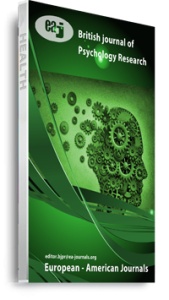This paper preoccupied itself with the assessment of special education service delivery to persons with disabilities. Individuals with disabilities, who are the subjects of special education, encounter difficulties that prevent or make it strenuous to use a part of their body completely or easily or that they cannot learn easily. Special education service delivery requires the expertise of special educators and para-professionals like the psychologists, social welfare workers, medical personnel and a host of others who are charged with the delivery of quality special education services to meet the needs of all persons with disabilities. Special education services include rehabilitation services, assessment/identification strategies, home/hospital based services, provision of materials/equipment and assistive technology for persons with disabilities etc. Globally, there are two paradigms for service delivery namely special school setting and general or regular school settings. The paper sampled trends of service delivery in India, Brazil, Kenya, Malaysia and of course Nigeria. The paper found that most countries have embraced the regular classroom as modality for service delivery for persons with disabilities. The paper identified challenges in the areas of teacher-pupil ratio, funding, failure of parental instruction, individualized education programme, special facilities, equipment and assistive technology, poor rehabilitation services, inclusion, attitudes to persons with disability amongst others that must be tackled to enable efficient service delivery for persons with disability. It was on this note that the paper was concluded.
Keywords: Assessment, Global, Nigeria, Perspective, Service delivery, Special Education

